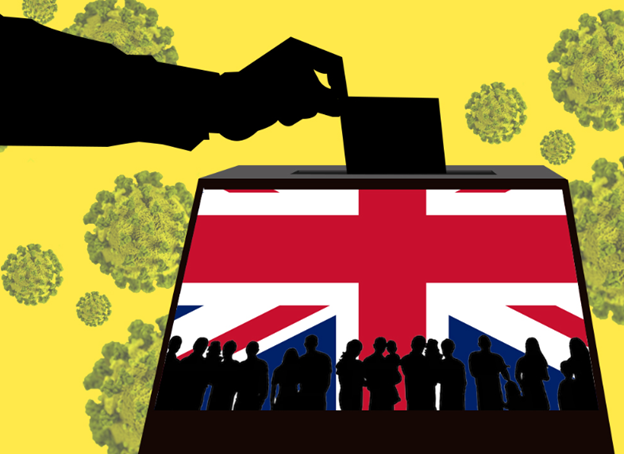Summary
- Ursula von der Leyen and Charles Michel, the EU chiefs would be signing the deal
- The bill will be going through both the Commons and the Lords in a single day itself
EU, the 27-nation economic block has approved the post-Brexit trade deal with the UK, which will allow it to be provisionally applicable from January 1, informed Heiko Maas, the foreign minister of Germany. The country presently holds the rotating presidency of the European Union.
He said that he was pleased that all the 27 EU members had given their consent. This will avoid any trade related chaos in the coming year, Maas emphasised.
The approval was required for the provisional application of the FTA between the UK and the EU, before the deal is placed in the European parliament for voting by the end of February.
The UK-EU trade deal preserves the British access to the single market of the EU for zero tariff and zero quota. It was agreed four years after the UK nationals had voted to leave the trade bloc.
Ursula von der Leyen, president, EU Commission and Charles Michel, chairman, EU leaders will be signing the provisional trade deal today. After that, Boris Johnson, the British prime minister will be adding his signatures to the deal papers.
The European Commission’s statement mentioned that the deal will be implemented provisionally as there was no time for the EU parliament to exercise its vote on it.

(Image source: ©Kalkine Group 2020)
UK votes today
British MPs will be leafing through the pages of draft legislation prepared for today’s vote on the Brexit trade deal with the Union. It will definitely be a historic moment. While the parliament is otherwise in a recess for Christmas, it is being recalled for debating and voting on the UK-EU trade bill, which is a rare call.
To fast forward the proceedings of the legislation, the UK government will be getting the EU future relationship bill covering the bilateral trade deal between the two sides, in just a single day.
The 80-page draft version of the bill was published yesterday, giving little time to MPs to go through it.
At 9.30 am today, there would a motion in the British parliament to virtually participate in a debate. In the house of Commons, the current set of rules for virtual proceedings are applicable merely to scrutiny proceedings such as statements and urgent questions.
However, the leader of the house, Jacob Rees-Mogg informed that the government planned to extend the participation to substantive proceedings as well like legislations. A vast majority of the members of parliament would be participating with their votes.
Johnson will be opening the second reading of the bill which is expected to last untio 2.30 pm today. Then there will be a vote which means that five hours have been allocated for passing the bill.
After Commons, the bill will go to the house of the Lords where the proceedings will begin at 3 pm and last until 11 pm.

.jpg)




